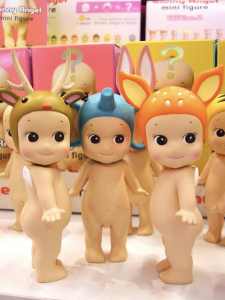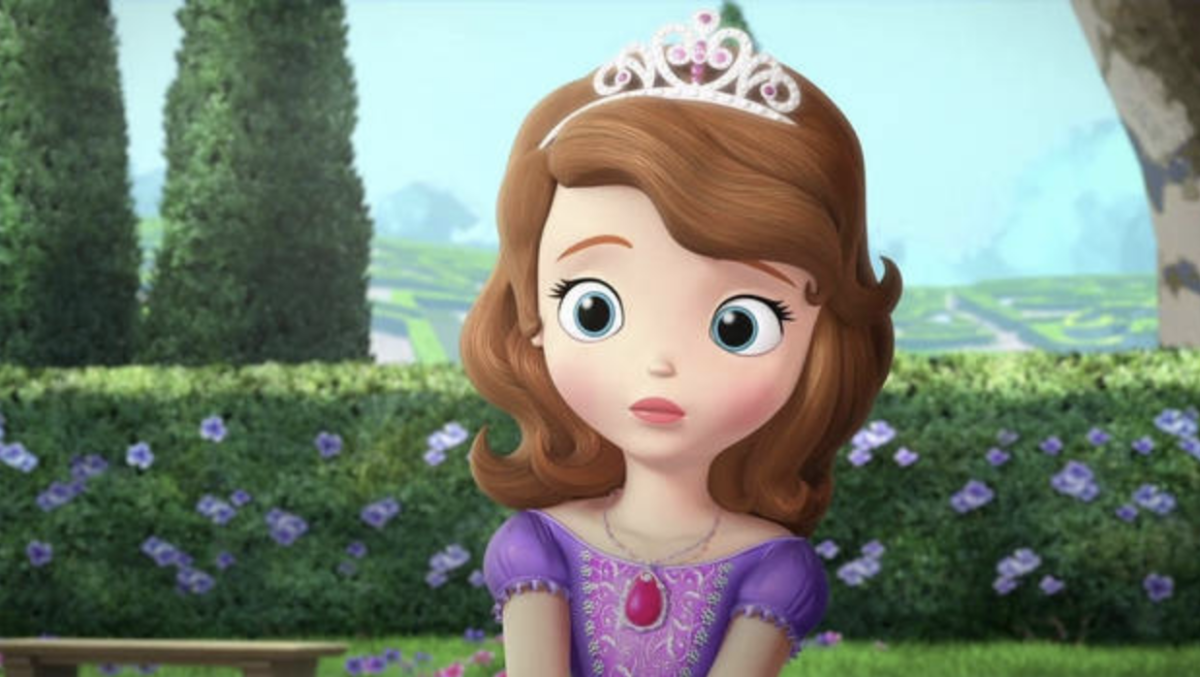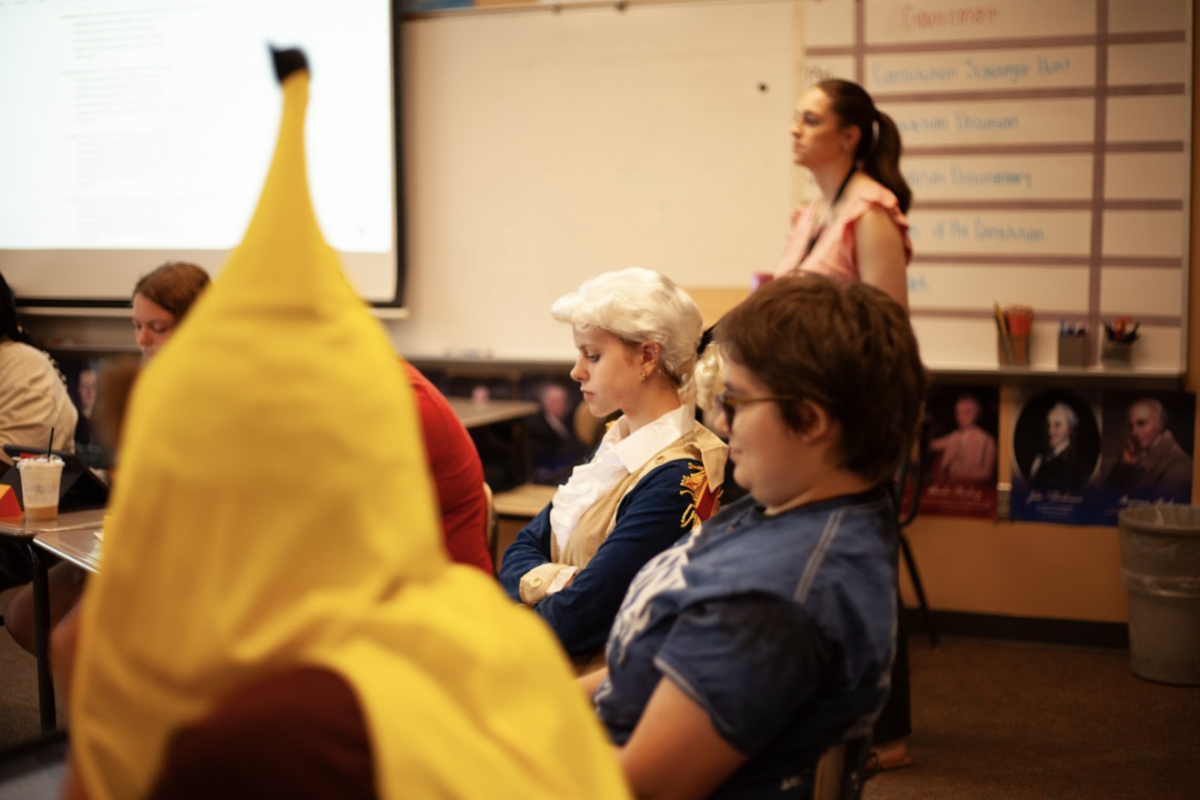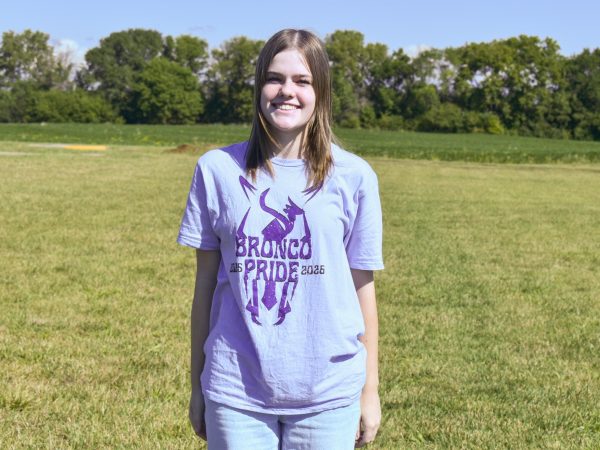People sleep with stuffed animals. People get emotionally attached to inanimate objects. People give themselves pep talks in the mirror. People play with their food. People have fake social media accounts that they actively post on with a fake name or persona. However, in a world where people judge others based on their “abnormal” qualities, many can find it difficult to embrace who they are.
“I collect little figurines like Labubus,” Delaney Palmer, 12, said. “A lot of people think they’re scary, but I just think they’re cute little gremlins.”
The pressure to seem “normal” or “cool” can weigh on students, especially those who have found the reaction to their quirks to be negative both online and throughout school.
“People really are judgmental. I hide [my collection] from people at school because I find a lot of people very close-minded and unwilling to do anything but just judge others,” Palmer said. “People just have their minds set on what interests society finds

normal and when it doesn’t align with that, they judge you.”
Age is another thing that plays a role in the perception of quirks. It is almost like the dividing line between what is considered acceptable and what is seen as embarrassing. For example, a child sleeping with their favorite stuffed animal is viewed as cute, but if a teenager was doing the same they may be labeled as childish or strange because society expects people’s interests to fade with age. Pushing people to avoid or abandon these habits is just another unethical attempt at creating an all-too-similar population.
“People think I’m a freak for liking Sonny Angels because they think it’s childish. When you get older it’s almost like people expect you to just grow out of things or else you’ll be judged for it later on in life,” Palmer said. “I don’t care much though. It’s fun and it’s kind of like gambling.”
Another specific case within the school can be demonstrated by Raymond Krokstrom, 12, who can be found in the hallways humming the tune to the popular TV show, “Sofia the First.”
“People judge me for it sometimes,” Krokstrom said. “But I just embrace it because the ones judging me usually have something embarrassing about themselves, so they want to focus all that attention onto me instead.”
It’s completely valid for people to keep their niche quirks to themselves, since not everything has to be shared and some passions are simply personal. But choosing to open up in even the slightest bit can not only turn a presumed “risk” into a gateway for connection to peers, but also encourage others to not hold back on sharing their own interests. Today, authenticity can be very rare, so simply just being open and honest about what you love––no matter how unconventional––can be a powerful way to find your people.






![Peering through their microscopes, [Brock] Laplante’s freshman Biology class has a hard time pretending they’re not interested. From sharp angles to swirling cells, there’s no predicting what could be seen.](https://stampedenews.net/wp-content/uploads/2025/10/Screenshot-2025-10-03-at-10.56.07-AM.png)


